



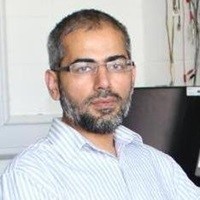
Edinburgh Napier University, UK
Abstract: World-leading multi-disciplinary research at Edinburgh Napier University in Scotland is pioneering the collaborative development of trustworthy and responsible artificial intelligence (AI) technologies to engineer the next-generation of smart industrial and healthcare systems.
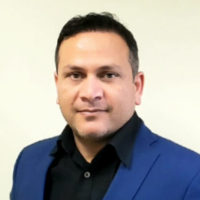
Nottingham Trent University, UK
Abstract: 6G is the next step in the evolution of mobile communication and will be a key component of the Networked Society. In particular, 5G will accelerate the development of the Virtual world.
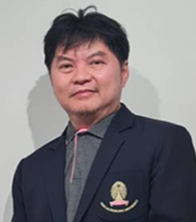
Department of Electrical Engineering, Chulalongkorn University, Thailand
Abstract: The phrase "metaverse" refers to a virtual environment where people communicate, collaborate, learn, and live via digital avatars.
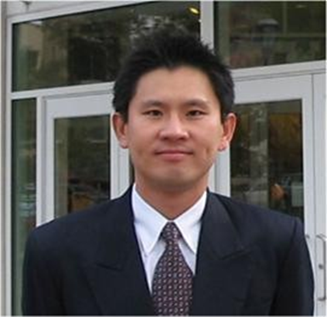
Telecommunications Engineering Program, Nakhon Pathom Rajabhat University (NPRU), Thailand
Abstract: A current hard disk drive utilizing a perpendicular recording technique is now reaching its storage capacity at 1 tera bits per square inch (Tb/in2) because of the super-paramagnetic effect.
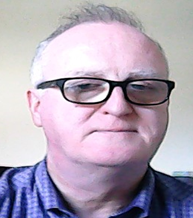
University of South Wales
Abstract: In the realm of healthcare, the demand for skilled medical professionals in developing economies is at an all-time high, with limited resources and access to quality training programs. This talk explores the transformative potential of Virtual Reality (VR) technology as a powerful tool to bridge the skills gap and upskill medical staff in these resource-constrained settings. The presentation will delve into the multifaceted ways in which VR can revolutionize medical training and education in developing economies.
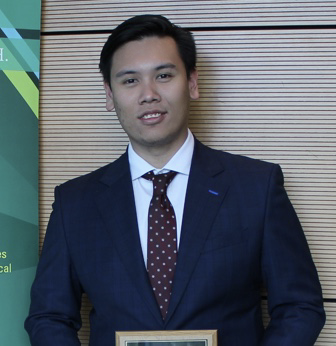
Massachusetts General Hospital and Harvard Medical School, Massachusetts, USA
Abstract: The global health landscape has been dramatically reshaped by the COVID-19 pandemic. For effective responses in public health, swift and dependable diagnostic instruments are essential. The urgency of the situation necessitates the development of noninvasive, contactless, and cost-effective diagnostic platforms that can cater to diverse healthcare settings.

aiLIFE.ai
Abstract: A journey into the realm of Exploring the uncharted territory of AI Virtual Humans, where we delve deep into the forefront of Bio-Inspired Communicative AI and the seamless integration of Large Language Models (LLMs) with advanced Computer Vision. Immerse in the multifaceted applications of AI Virtual Humans and underscore the paramount importance of a human-centered approach while dissecting the profound societal implications and transformative potential of this innovative field.

Howard University
Abstract: Software reliability has emerged as a critical concern in healthcare systems due to the increasing dependence on technology for patient care, data management, and medical research. Unreliable software can result in not only financial losses but also in risks to patient safety and well-being.
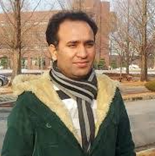
Quaid-i-Azam University Islamabad
Abstract: Deep learning is widely used in numerous applications ranging from speech recognition, natural language understanding and computer vision etc. No single algorithm paradigm has even been so broadly and successfully used as deep nets. Invited talk will focus on history of deep learning, its applications and research trends.
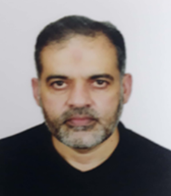
IM Sciences, Peshawar
Abstract: Emergence of Machine Learning (ML) as the epic center of computational research in last decade has now widened to all phases of system development life cycle from requirements to maintenance and from planning to continuous improvement.
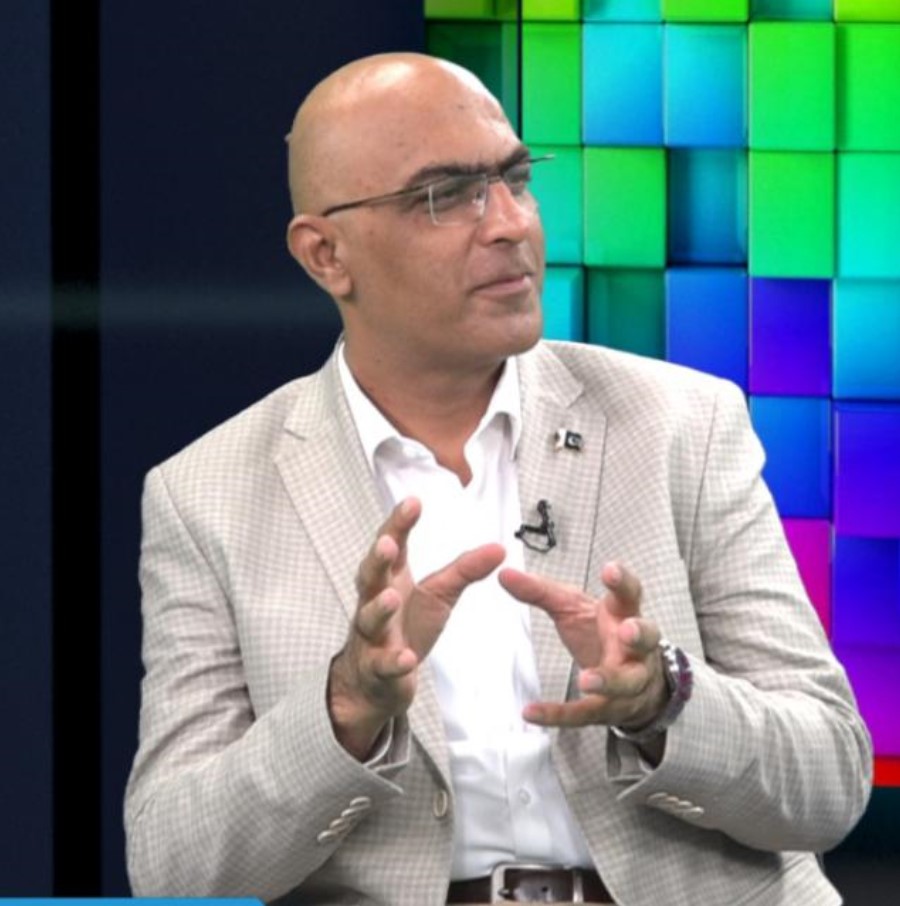
COMSATS University Islamabad, Lahore Campus
Abstract: : Advancement in artificial intelligence has played a catalyst role in the implementation of complex decision-making autonomous systems. These systems b design is cognitive in nature. The design rationale used in their build makes them to operate in objective manner. In recent years the question of making this system to make objective decisions is under consideration along with their capability to possess certain level of awareness.
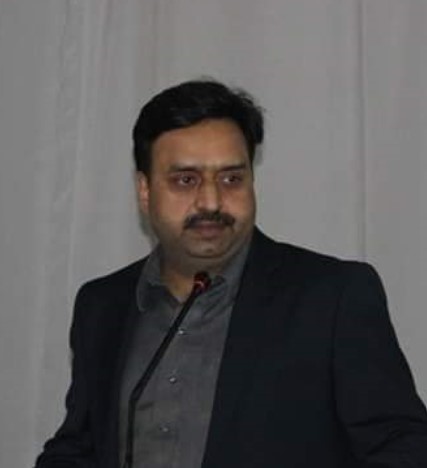
Islamia College Peshawar
Abstract: : The recent emergence of generative artificial intelligence (AI) raises the question whether we are on the brink of a rapid acceleration in task automation that will drive labor cost savings and raise productivity. Despite significant uncertainty around the potential use of generative AI, its ability to generate content that is indistinguishable from human-created output and to break down communication barriers between humans and machines reflects a major advancement with potentially large macroeconomic effects.
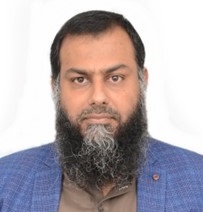
Ghulam Ishaq Khan Institute of Engineering Sciences and Technology, Pakistan
Abstract: : Photovoltaic systems are one of the most promising solutions of clean energy. The scale of PV plants ranges from the domestic to commercial applications. Like every other power system, they are prone to various kind of faults. In this talk, I will give an overview of the major faults in a PV plants.
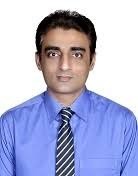
Florida International University, FL
Abstract: A digital twin is a virtual representation of an object or system that crosses its lifecycle, functions on real-time data, and run simulations, machine learning and logic to help decision-making. A digital twin is a virtual model designed to accurately replicate a physical object.

Skyline University College, Sharjah, UAE
Abstract: Federated learning is a way to train AI models without anyone seeing or touching your data. Federated learning (also known as collaborative learning) is a machine learning technique that trains an algorithm across multiple decentralized edge devices or servers holding local data samples, without exchanging them.
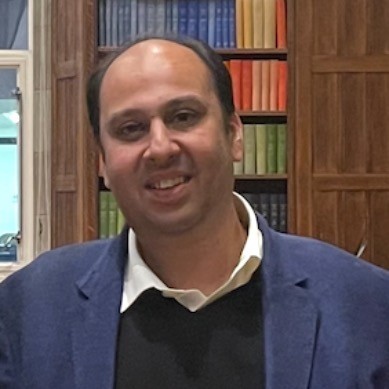
National University of Sciences and Technology (NUST), Pakistan
Abstract: In recent years, AI & Data Science has gained a truly remarkable visibility and has attracted a great deal of interest coming from academia and industry. We have been witnessing a wealth of architectures, paradigm, and learning methods materialized through concepts of deep learning cutting across challenging areas of computer vision and natural language processing, among others. With an omnipresence of floods of data, Data Science has impacted almost all endevours of human life.
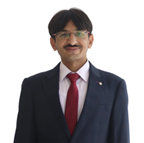
Lahore Garrison University
Abstract: Fish detection and visual analysis of their habitats are essential components of the scientific process for understanding how fish communities interact in their environment. This paper presents a technique for underwater fish detection and their habitat recognition using RESNet-50 deep learning architecture.
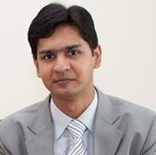
National University of Sciences and Technology
Abstract: Histopathology, an essential field in medical research, involves the examination of cells and tissues to understand various diseases and conditions. To aid in this study, tissue samples are traditionally stained to enhance color and contrast, enabling detailed analysis. Staining is a crucial step in histopathology that prepares tissue sections for microscopic examination.
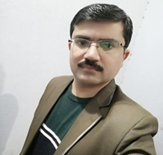
Kohsar University Murree, Punjab, Pakistan
Abstract: Artificial Intelligence has a great impact on the healthcare field and will continue to transform health systems radically. Every healthcare professional should arm themselves with the knowledge to face these changes.
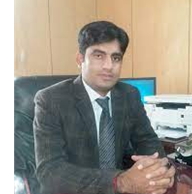
University of Education, Lahore
Abstract: In this world of growing technologies, we have adopted many new approaches to sending, receiving, or storing data. Further on communication has also grown with the adaptation of 5g, cloud computing, and blockchain technologies.
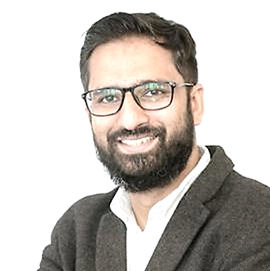
Information Technology University of the Punjab (ITU).
Abstract: Oil spill is one of the major threats to marine ecosystems. It is caused by ship accidents, illegal ship discharge (bilge dumping) and natural oil seeps. An accurate monitoring and detection framework is necessary to classify the potential oil spills. Historically, synthetic aperture radar (SAR) data has been used efficiently for classification of oil spills due to its operational capability in all-weather conditions.
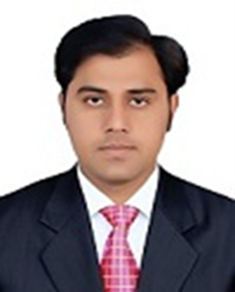
Air University Islamabad
Abstract: Artificial intelligence in healthcare is an overarching term used to describe the use of machine-learning algorithms and software, or artificial intelligence (AI), to mimic human cognition in the analysis, presentation, and comprehension of complex medical and health care data, or to exceed human capabilities by providing new ways to diagnose, treat, or prevent disease. Specifically, AI is the ability of computer algorithms to approximate conclusions based solely on input data.
